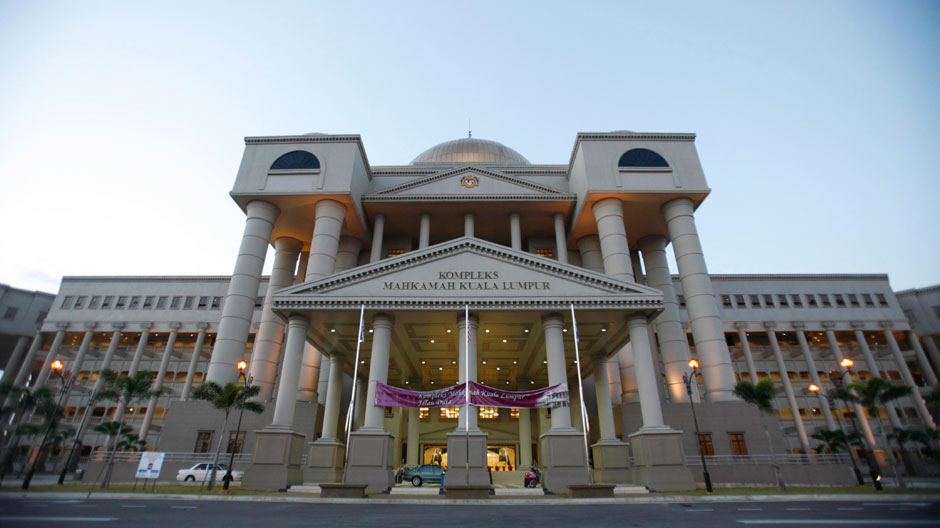Court Upholds Agreement Allowing Husband To Keep Mistress During Marriage
The wife had filed for divorce in 2021 claiming that her husband committed adultery.
The Kuala Lumpur High Court has ruled that a post-nuptial agreement between a Malaysian business tycoon and his Singapore-born wife, allowing him to have at least one mistress during their marriage, is valid
Justice Evrol Mariette Peters, in a 91-page judgement last week, said that the wife had voluntarily entered into the post-nuptial agreement with her husband in August 1997, just a month after their marriage.
Justice Peters noted that marital agreements between non-Muslim couples are legally recognised in Malaysia under Section 56 of the Law Reform (Marriage and Divorce) Act 1976.
"Although it has been said that a marriage contract has to be differentiated from other commercial contracts, the fact of the matter is that marriage is a voluntary agreement between consenting adults.
"As long as there is no violation of any law, parties to a marriage, therefore, have the right to make decisions about their own relationships and lifestyle preferences according to their unique needs, desires, and circumstances. This includes deciding the terms and boundaries of their marriage," Justice Peters said.
The wife had filed for divorce in 2021, alleging that her husband committed adultery. She also demanded compensation.
The wife argued that the marital agreement was invalid, claiming it was signed under ignorance, pressure, and duress. She was pregnant and feared the husband wouldn't marry her otherwise.
The judge disagreed for several reasons; first, the agreement was signed after they were already married, so refusing it wouldn't have affected the wedding. Second, the wife is a graduate of the National University of Singapore, suggesting she was capable of understanding the agreement. Finally, she carefully signed and initialled every page of the document with witnesses present.
Overall, the judge found that the husband's act of having another woman was not illegal.
The judge also said the wife could not use Section 54(1)(a) of the 1976 Act to claim adultery as the cause of the breakdown of their marriage, as she had tolerated her husband's infidelity.
Section 54(1)(a) states that the court can consider adultery when investigating the breakdown of marriage if "the petitioner finds it intolerable to live with the respondent" because of it, reported FMT.
Though the High Court ruled that the wife's claims were unconvincing and upheld the agreement, it still granted the couple a divorce
The husband was ordered to pay spousal and child support, and the matrimonial assets were divided between him and his wife. No damages were awarded to either party.
"In my view, the marriage had run its natural course. It seemed clear that the wife initially viewed the union as a means of ensuring financial stability for herself and (her son from her previous marriage).
"Despite subsequently having five children with the husband, she remained in the marriage primarily for convenience and financial security.
"Conversely, the husband admitted to marrying the wife more out of a sense of duty rather than genuine affection, as she had become pregnant out of wedlock," Justice Peters wrote in her judgement.
Meanwhile, she described the husband as an "absentee father", stating that despite providing for his family financially, he assumed "an absentee role in fatherhood, leaving the wife to shoulder the responsibilities of running the household and caring for the children single-handedly".
"The evidence suggests that the husband allocated the majority of his time to socialising with friends and business associates, leaving the Petitioner to fulfil the role of mother, wife, and hostess.
"It was my conclusion, therefore, that while neither adultery nor abuse was proved, both parties bore equal responsibility for the irretrievable breakdown of their marriage," she added.
The judge ordered the husband to pay the wife RM10,000 per month for spousal maintenance and an additional RM6,000 for the support of two of their children.
The judge also divided the couple's assets, including property, cars, money, and investments, but rejected the wife's claim for compensation due to adultery, citing insufficient evidence.

